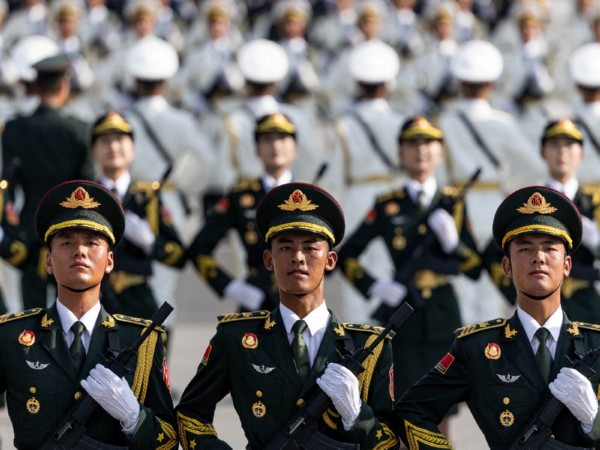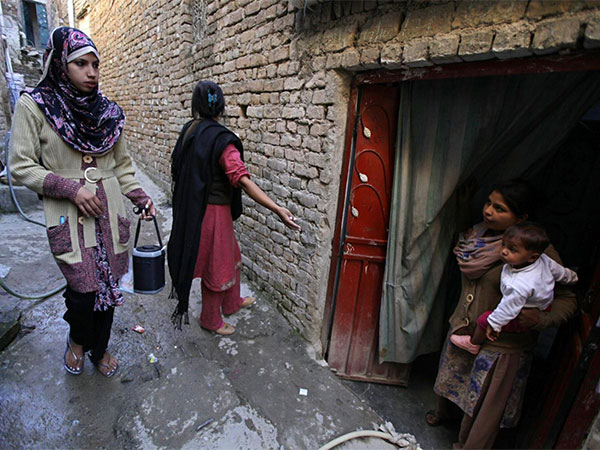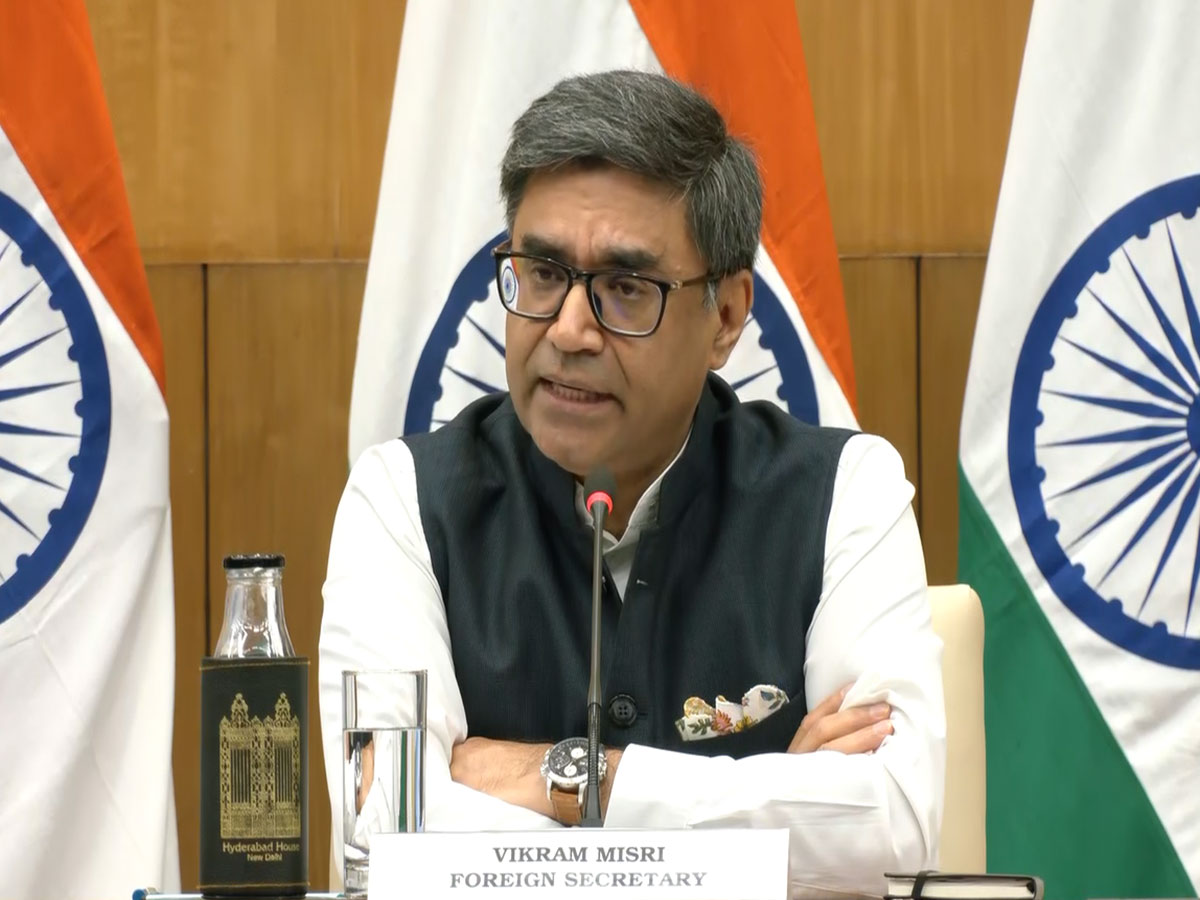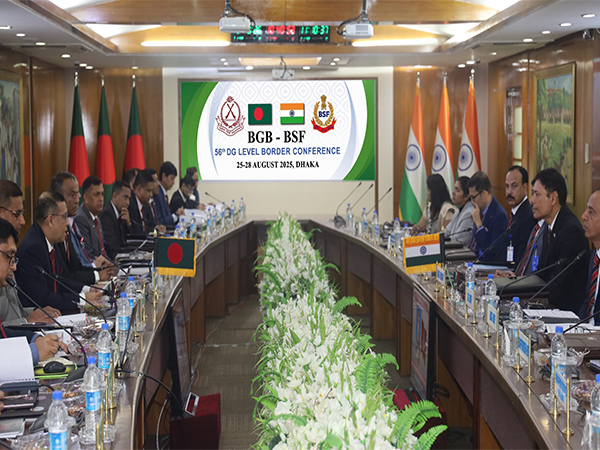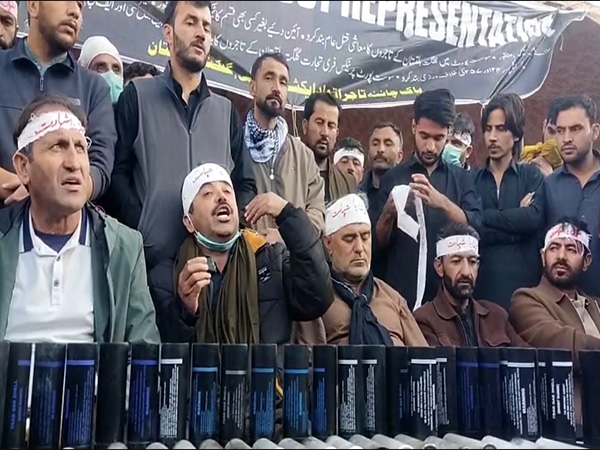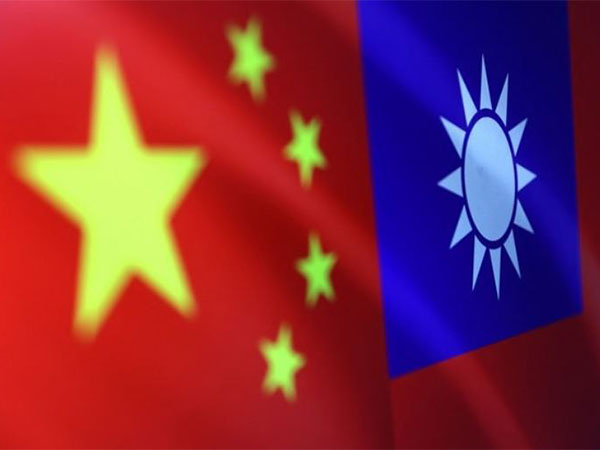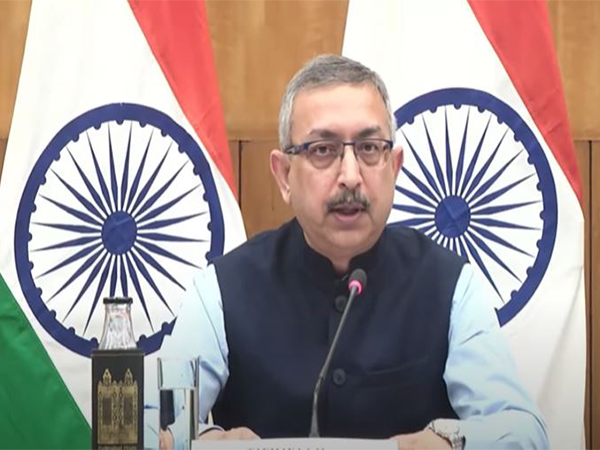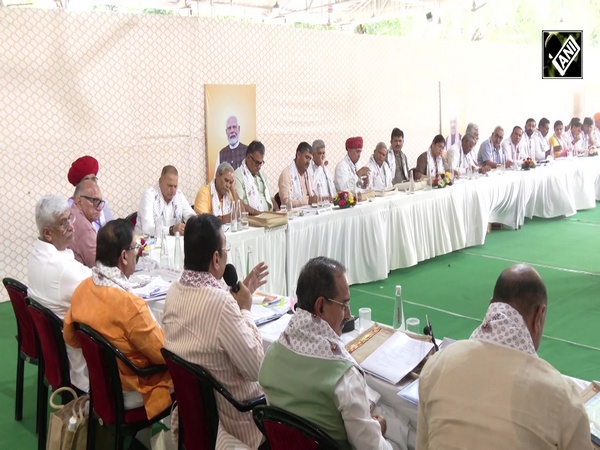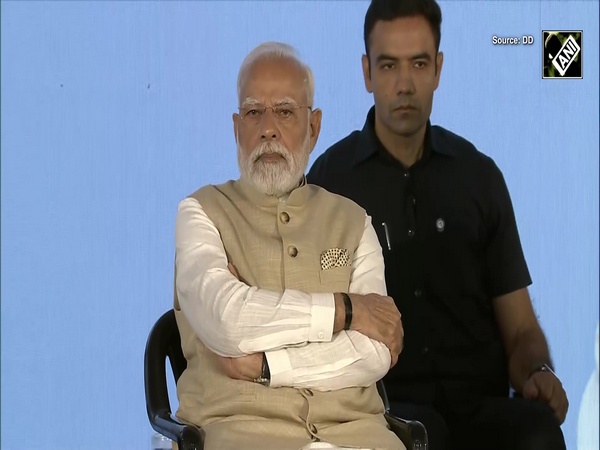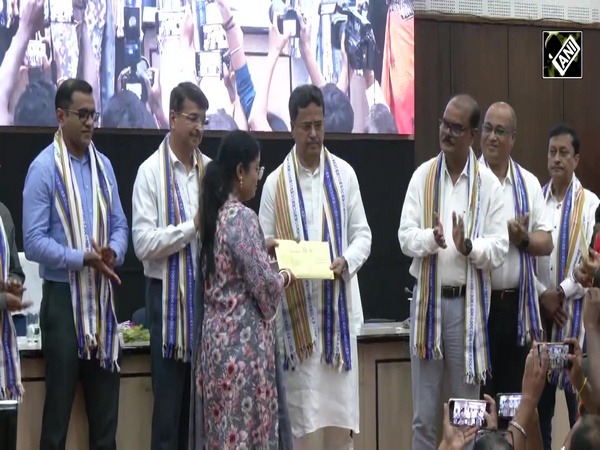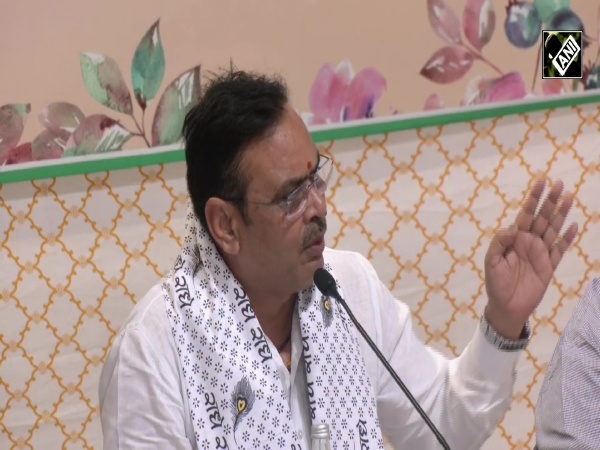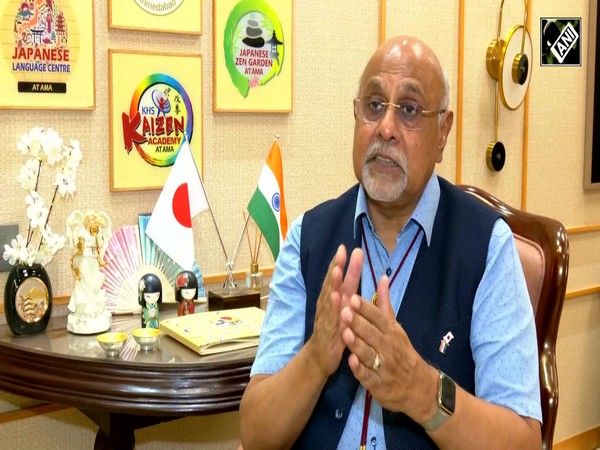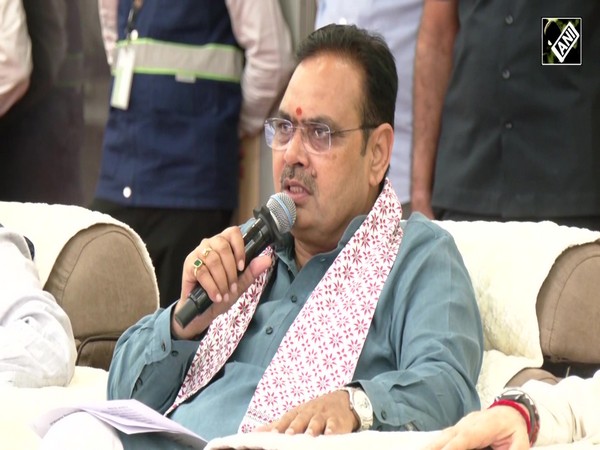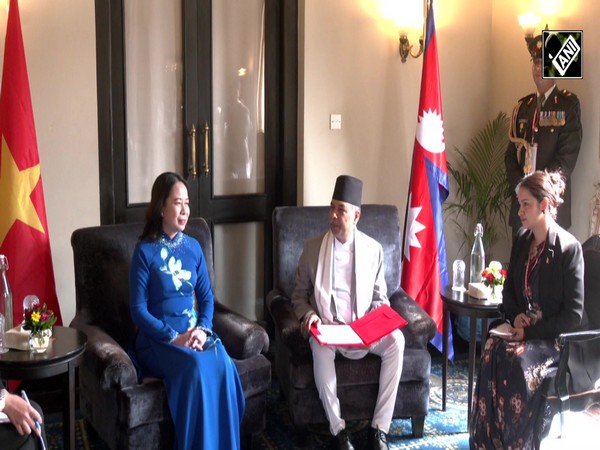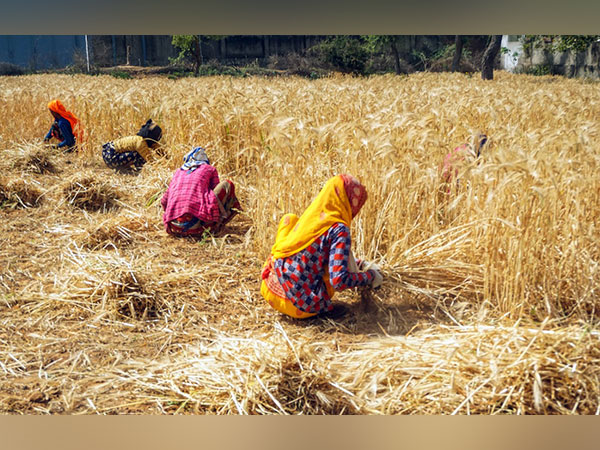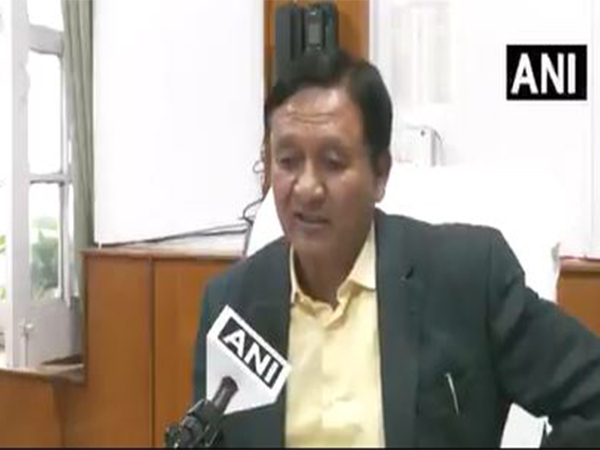
World Uyghur Congress applauds G7 leaders' unprecedented stand against transnational repression
Jun 19, 2025
Munich [Germany], June 19 : The World Uyghur Congress (WUC) has expressed its appreciation for the G7's firm and unequivocal position against Transnational Repression (TNR), describing it as a significant advancement for communities like the Uyghurs who are consistently targeted by the Chinese Communist Party (CCP).
The WUC shared the G7's statement on X, commending the coalition of nations for classifying TNR as "an aggressive form of foreign interference, emphasising that it is a direct danger not only to exiles but also to global democracy and human rights.
Sharing the statement on X, the WUC stated, "The World Uyghur Congress applauds the @G7's clear stand against Transnational Repression and its unprecedented definition of it as 'an aggressive form of foreign interference." This is a major step forward for communities like the Uyghurs, routinely targeted by the CCP through threats, spyware, and reprisals against families in East Turkistan. #TNR is not just a threat to exiles -- it's a threat to global democracy and human rights."
https://x.com/UyghurCongress/status/1935259287854404008
In the G7 Leaders' Statement, released on June 17, the group voiced profound worries regarding the rising incidents of TNR, where states or their proxies endeavour to intimidate, harass, harm, or coerce individuals or communities beyond their borders. The G7 recognised TNR as a significant threat to national security, state sovereignty, and international human rights, especially impacting dissidents, journalists, human rights advocates, religious minorities, and diaspora communities.
The statement denounced various manifestations of TNR, including physical threats and violent acts such as harassment, assault, kidnapping, or assassination. It also criticised the exploitation of international cooperation to detain or forcibly repatriate individuals by navigating legal loopholes and intergovernmental agreements. Other highlighted issues included the confiscation of passports, refusal of consular assistance, and arbitrary detention.
Digital transnational repression was also acknowledged, which encompasses doxing, cyber harassment, and smear campaigns, particularly those aimed at women. The G7 further condemned the employment of spyware and cyber tools for surveillance and physical tracking, as well as threats made against the families of activists and dissidents.
To combat these practices, the G7 pledged to enhance global awareness of TNR and its effects on human rights and democracy. They promised to establish a TNR Resilience and Response Framework to bolster international collaboration, launch a Digital TNR Detection Academy to improve technical capabilities, and provide support to individuals and civil society organisations impacted by TNR through initiatives like the Canada-UK Common Good Cyber Fund. In conclusion, the G7 reiterated their commitment to uphold democratic freedoms, both online and offline, and to protect national and international sovereignty against transnational repression.
